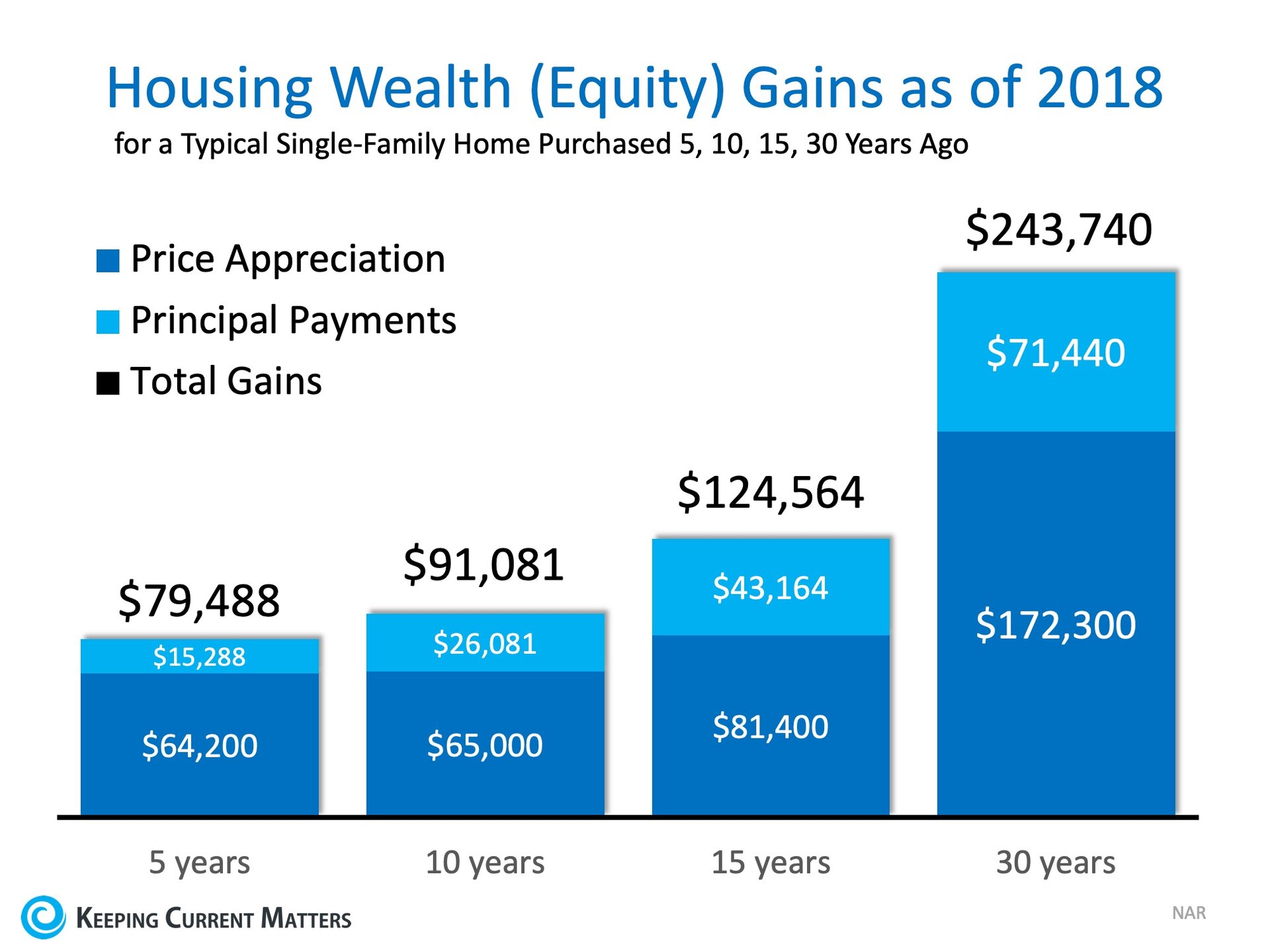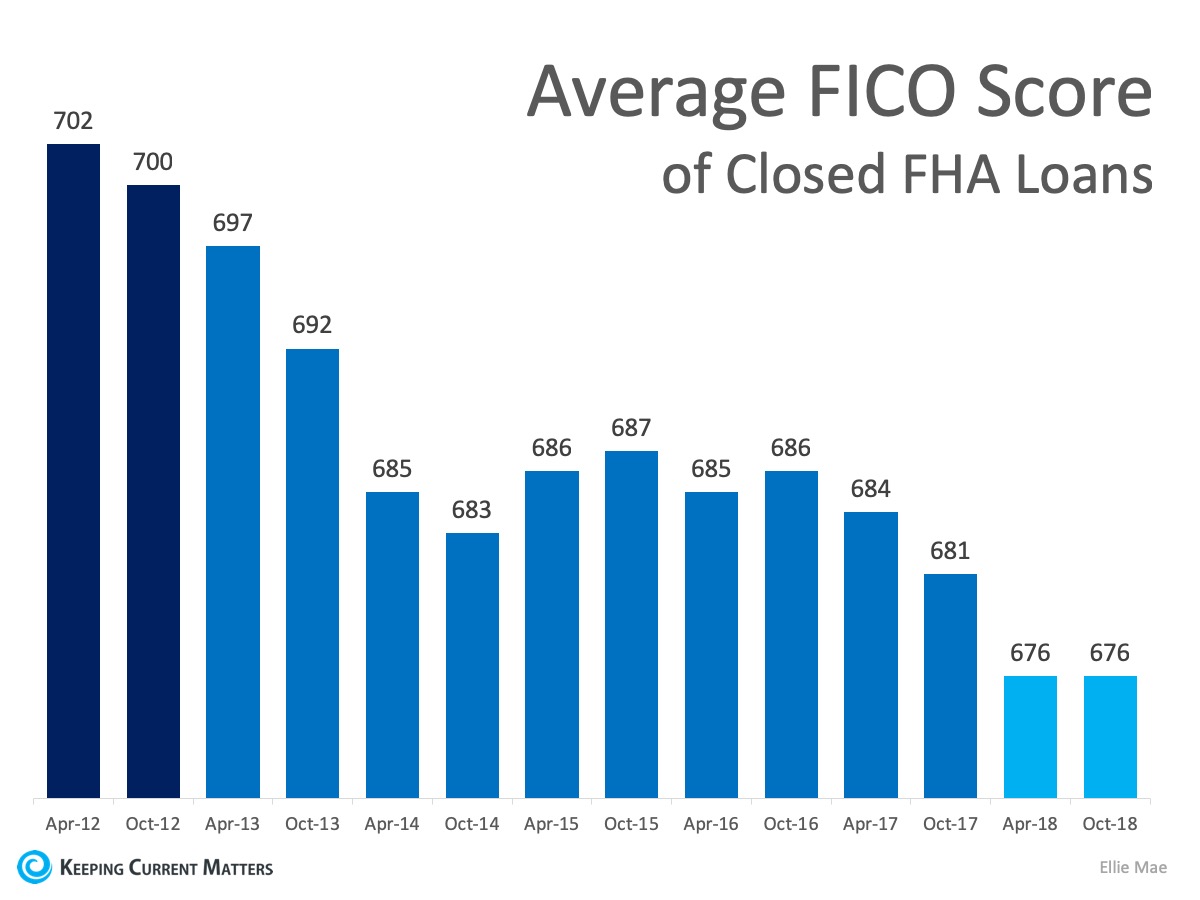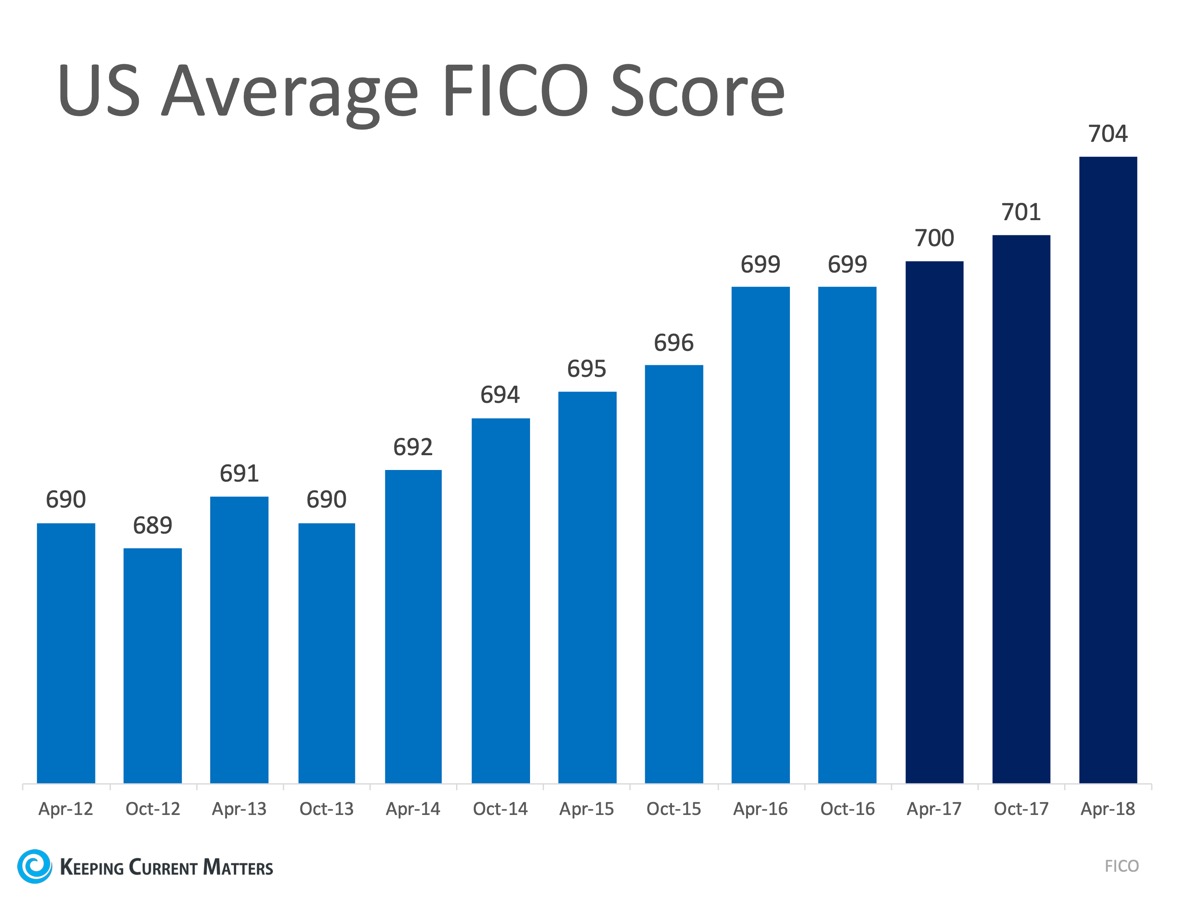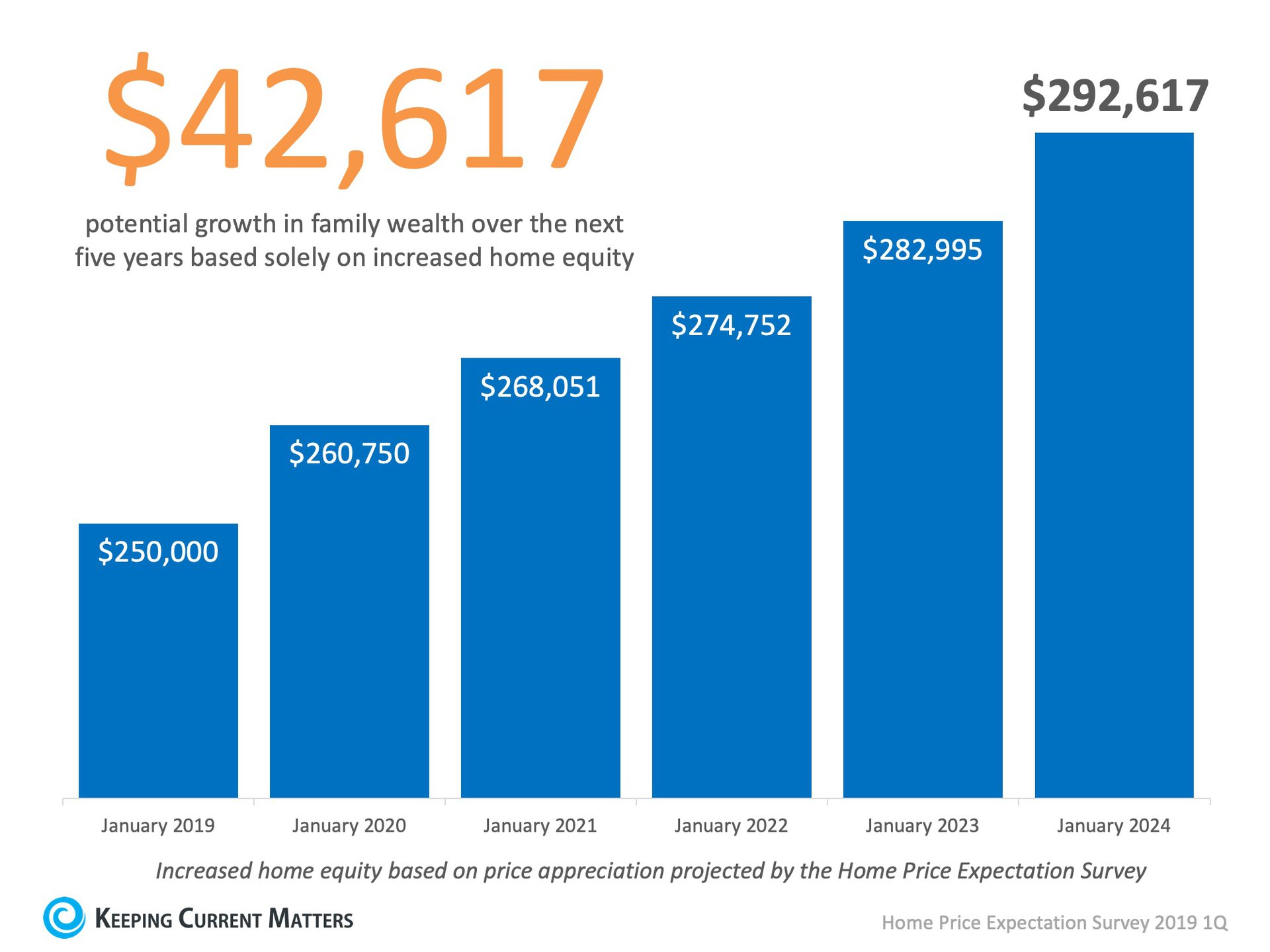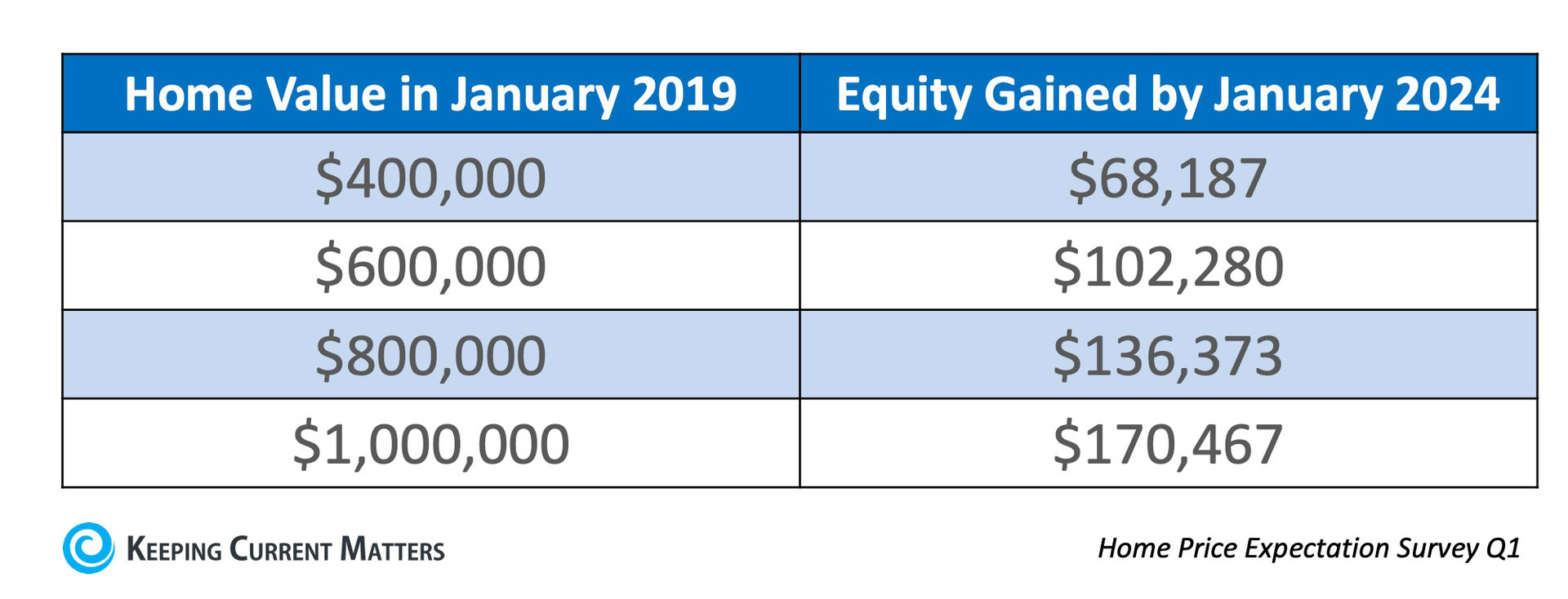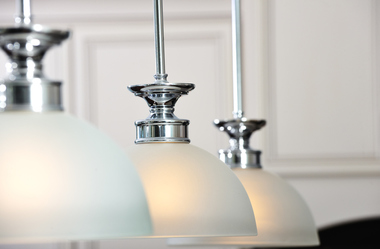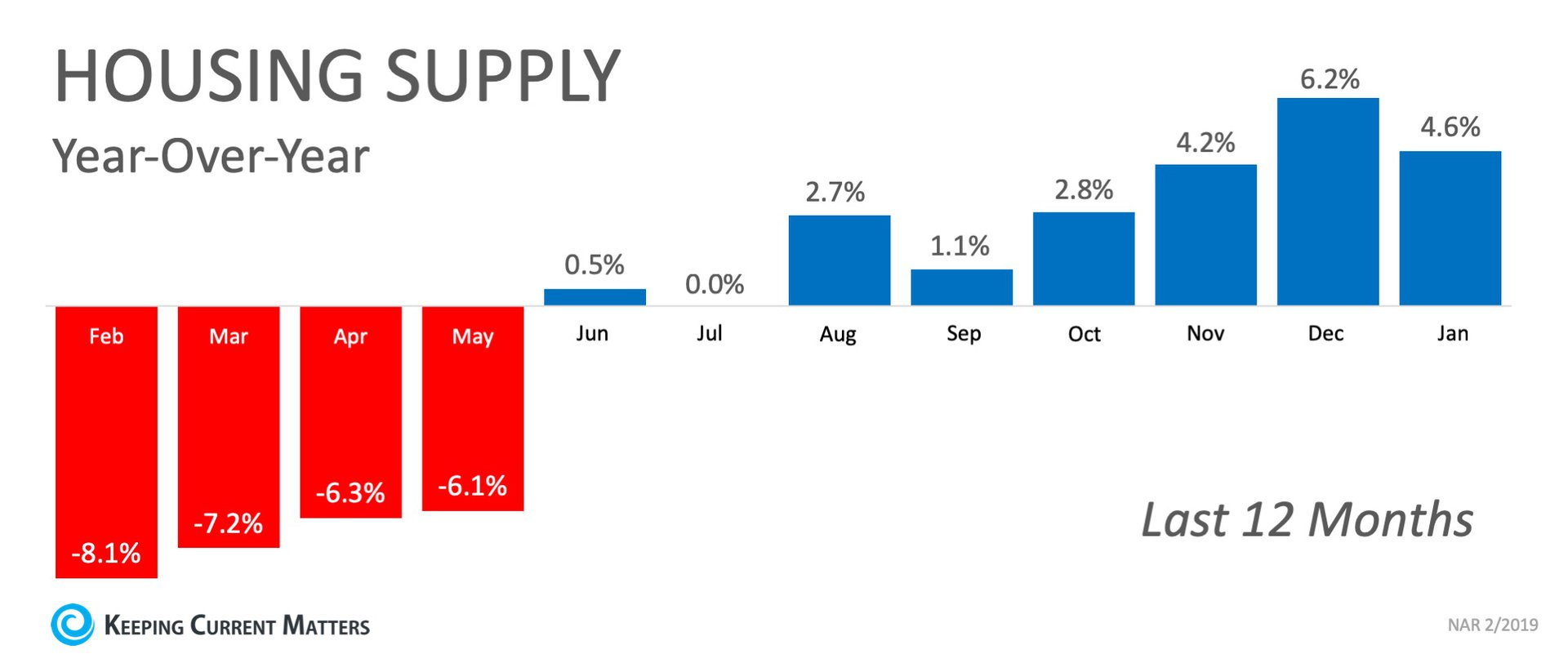We all want to keep our homes organized. That's a no-brainer. But many people struggle to keep their home that way. This is because there are some common behaviors that could be making it difficult for you to stay organized. Are you making any of these five home organization mistakes?

Not Sorting by Function
Lots of people like to sort by color or group things by their physical similarities. However, this could actually be making areas such as your closets even messier. If all of your shirts are organized by color but you wear specific shirts during the week and other ones on the weekend, this will cause you to have to sift through every shirt you own to find one that is work-appropriate or casual enough for the weekend.
Instead, group things by function. Keep all your shoes and clothes organized in a way that makes sense for your lifestyle and you will have a better chance of staying organized.
Organizing Items You Don't Need
Before you organize your kitchen or bathroom, sort through what you have and ask yourself if each item is still necessary. For instance, if you are reorganizing your kitchen cabinets, take every item out of the cabinet and lay it out in front of you. Examine each item and decide if you should keep it, toss it or donate it.
Now, you only have to organize the items you have left. Organizing items you don't use is a waste of time and will crowd your home.
Buying Too Many Storage Containers
Do you buy boxes and baskets with every intention of using them to help you get organized, but they end up sitting in a corner with a plethora of unrelated items? Before you invest in storage containers, go through the items in your home and get rid of anything you don't need. Then, decide on an organizational strategy and make a shopping list. This way, you only buy items you know you will use.
Using Bookshelves as a Catchall
It's easy to turn your bookshelves into a dumping ground for knick-knacks and miscellaneous items you don't have a place for. In reality, the bookshelf should have a very thoughtful layout of carefully curated items. This is because bookshelves are open and become an eyesore when they're overcrowded.
Even the books you display on your bookshelf should be in good condition. Keep overly loved paperbacks in a more hidden area and reserve the bookshelf for hardcover books in good condition.
Having Furniture You Don't Need
If you live in an apartment or a small house, make sure you only bring in furniture that you need. For instance, just because homes traditionally have a dining room table doesn't mean you have to. If you live in a studio apartment or don't have a dining room in your home, don't force a formal table into your space. Only bring in furniture that you love and that serves a purpose.
Looking for more ways to keep your home clutter-free and spacious? Give us a call today — we love sharing our expertise.


